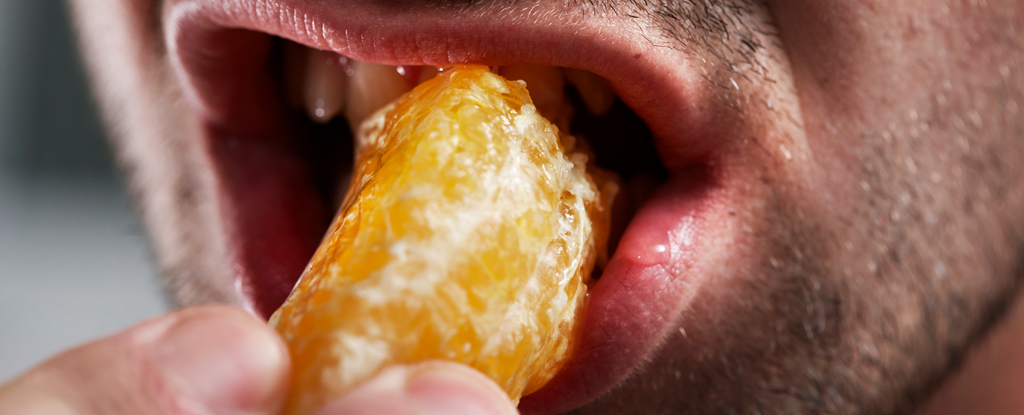Most of us can relate to that intense, spine-shuddering feeling of repulsion when hearing someone scrape their nails down a chalkboard. But for some people such intense reactions to noise can also be triggered by much more common, mundane sounds.
This sensitivity is called misophonia, and a recent survey from the UK suggests more people suffer from it than previously thought.
Trigger sounds include things such as chewing, slurping, snoring, and breathing and responses can range from mild irritation and anger to distress that interferes with everyday life.
“Our survey captured the complexity of the condition,” explained University of Oxford clinical psychologist Jane Gregory, who co-authored the study, which was published in March 2023.
“Misophonia is more than just being annoyed by certain sounds, it’s about feeling trapped or helpless when you can’t get away from these sounds and missing out on things because of this.”
King’s College London psychometrician Silia Vitoratou, along with Gregory and colleagues, used an algorithm to distribute volunteers across sex (including non-binary), age, and ethnicity in a way that reflected UK census data to get a representative sample of people above 18 years old.
The 772 volunteers completed a questionnaire about potential trigger sounds and their emotional responses, that probed 5 aspects of misophonia: a sense of emotional threat, internal and external appraisals, outburst, and impact. The researchers also interviewed 26 people who self-identified as having misophonia and 29 people who did not.
“The prevalence of misophonia in the UK is 18.4 percent,” the team found, explaining these findings are only representative of the UK and may differ in other parts of the world.
Many of the sounds that can trigger misophonia aren’t exactly well loved by the wider population either. Loud chewing triggered the most disgust amongst the survey respondents, whereas many of the other sounds triggered widespread irritation.
But there were two key differences between those with misophonia and the general population.
Firstly, the negative feelings towards the sounds universally disliked were more often accompanied by anger and panic in the more sensitive population subset. They reported feeling trapped or helpless and unable to escape the noise.
“It’s about feeling like there’s something wrong with you for the way you react to sounds, but also not being able to do anything about it,” said Gregory. This can then lead to guilt, shame, anxiety and withdrawal.
Finally, people with misophonia were more likely to be bothered by sounds like normal breathing and swallowing, whereas these didn’t prompt any reaction in the general population.
“Ιt is important that our study revealed that 1 in 5 people in the UK experiences significant misophonic reactions, but only a small fraction was aware of the term,” explained Vitoratou.
“This means that most people with misophonia do not have a name to describe what they are experiencing.”
Less than 14 percent of the sample population were aware of misophonia before the survey.
“It can be such a relief to find out that you are not alone, that other people react this way to sounds too,” noted Gregory. “To find out that there is a word for what you are experiencing.”
The researchers’ survey may be a useful tool to help other clinicians identify those troubled by the condition.
“Our results show that misophonia is a relatively common condition, and further research is needed to determine at what point this condition becomes ‘disordered’ in terms of distress, impact, and need for treatment,” the researchers concluded.
This research was published in PLOS ONE.
A version of this article was first published in March 2023.





